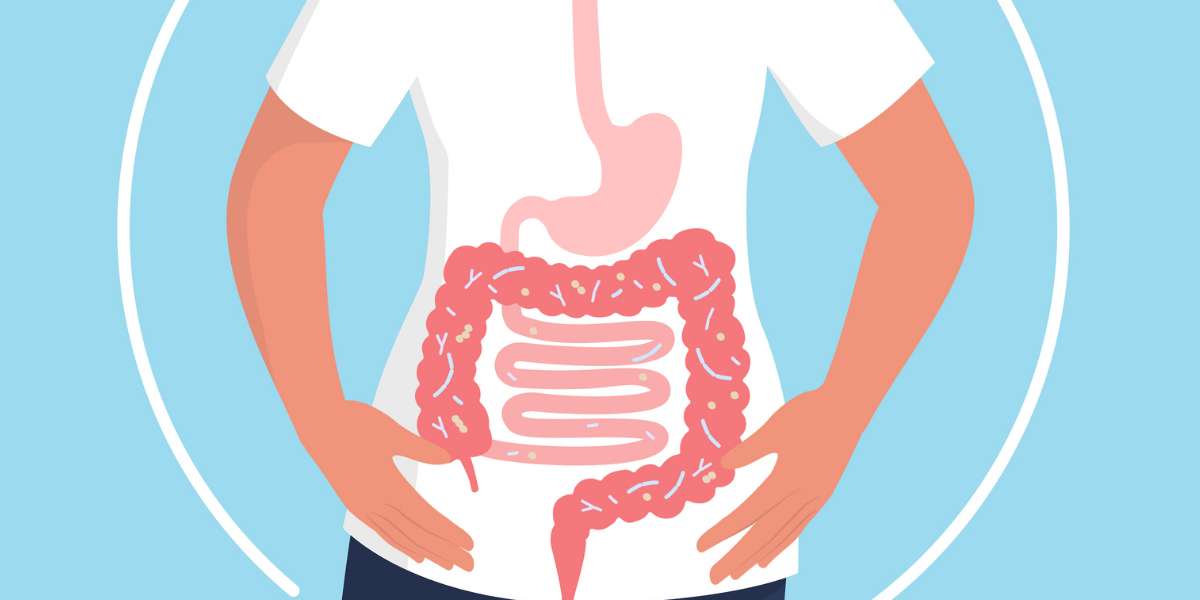A substance developed during the metabolism of a rare microorganism can trigger the development of gut disease, scientists have said.
New research has found that when the Blastocystis ST7 microorganism is metabolising, the body produces indole-3-acetyldehyde (I3AA) – a substance that binds immune cells in the gut.
According to the study, I3AA can trigger the immune system to flare up because it reduces the gut’s tolerance for gut bacteria.
- Microbiome: small changes in sleep patterns linked to harmful gut bacteria
- Study shows gut microbiome can trigger arthritis
- Future obesity risk detectable through toddlers’ microbiome
The gut microbiome is made up of the trillions of microorganisms and their genetic material that live in your intestinal tract.
These microorganisms, mainly comprising bacteria, are involved in functions critical to your health and wellbeing.
Blastocystis is a common microscopic organism made up of many sub-species that inhabits the intestine and is found throughout the world.
Some subtypes of Blastocystis can cause gut complications, the research findings have demonstrated.
The rare subtype, Blastocystis ST7, is more common in Asia than the west and is often identified in people with diarrhoea.
Prior research has found that Blastocystis ST7 triggers the development of gut disease in humans.
In this study, the scientists examined the biology of Blastocystis ST7 at the molecular level to find out how it causes gut disease.
They found that gut disease is caused by Blastocystis ST7, which synthesises I3AA during its metabolism.
Lead author Dr Lukasz Wojciech said: “I3AA is produced in very few organisms. It binds to immune cells in the gut, which reduces the gut’s tolerance for gut bacteria, causing the immune system to flare up even when exposed to normal gut bacteria.
“I3AA also promotes gut inflammation by inhibiting the protective properties of an important class of immune cells (regulatory T cells), while stimulating inflammation through another class of immune cells (T helper 17 cells) in the gut.”
Fellow author Professor Nicholas Gascoigne said: “From a biological perspective, this is the first time that a rare metabolite, I3AA, has been studied in detail, and is shown to promote inflammation.”
- Gut microbiome changes linked to chronic fatigue syndrome
- Gut bacteria less diverse in people with Irritable Bowel Syndrome
- Gut bacteria could be influential in development of type 2 diabetes
Some foods have been found to prevent the negative effects of Blastocystis ST7, such as yogurt, cottage cheese and sourdough bread.
Professor Gascoigne noted: “Based on our findings, it is important to identify the specific subtypes involved in Blastocystis-related diseases, as some subtypes are harmful, while others are not.
“This can potentially result in clearer and more accurate diagnosis and treatment for patients. Our team is currently working on further studies on this.”
He added: “We will be investigating if I3AA production is unique to ST7 and can be used as a biomarker of disease.”
This work is published in The EMBO Journal.




